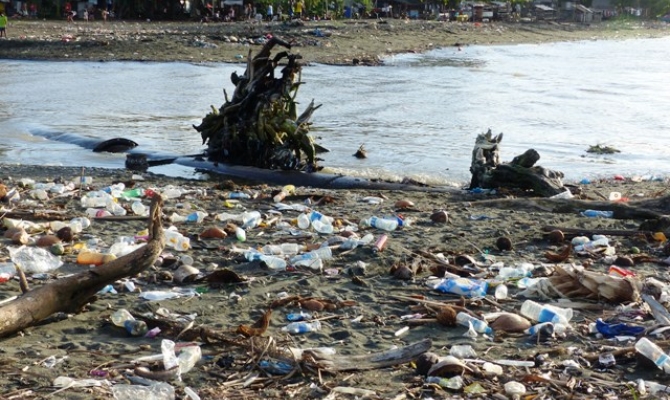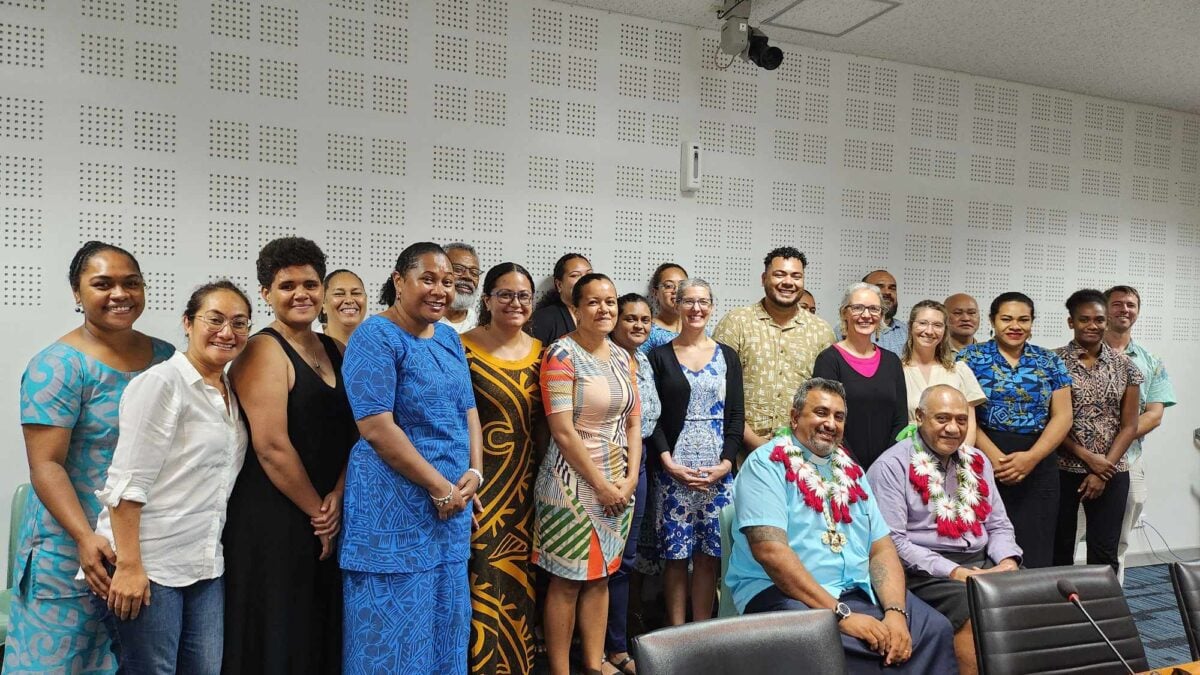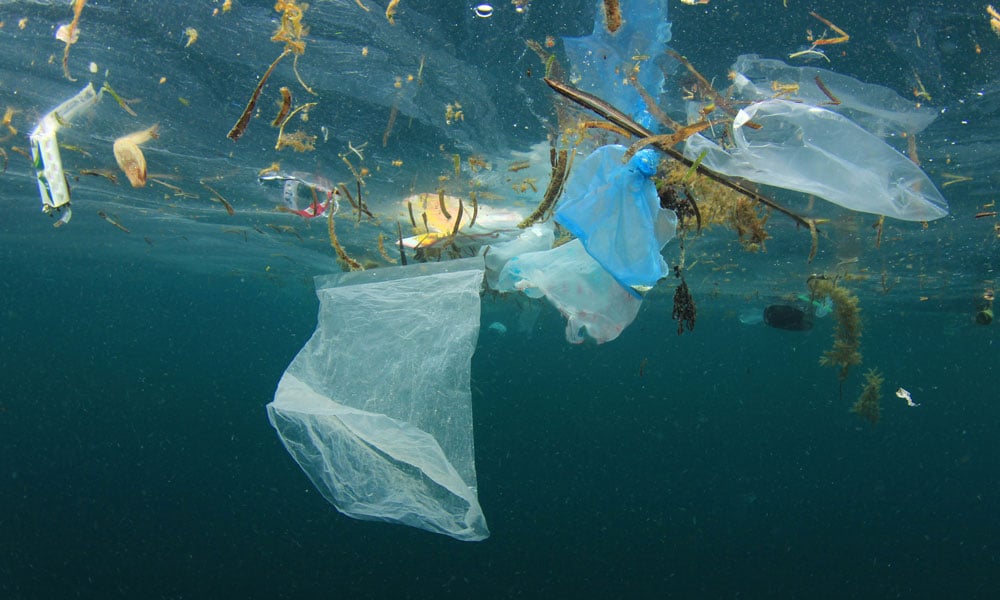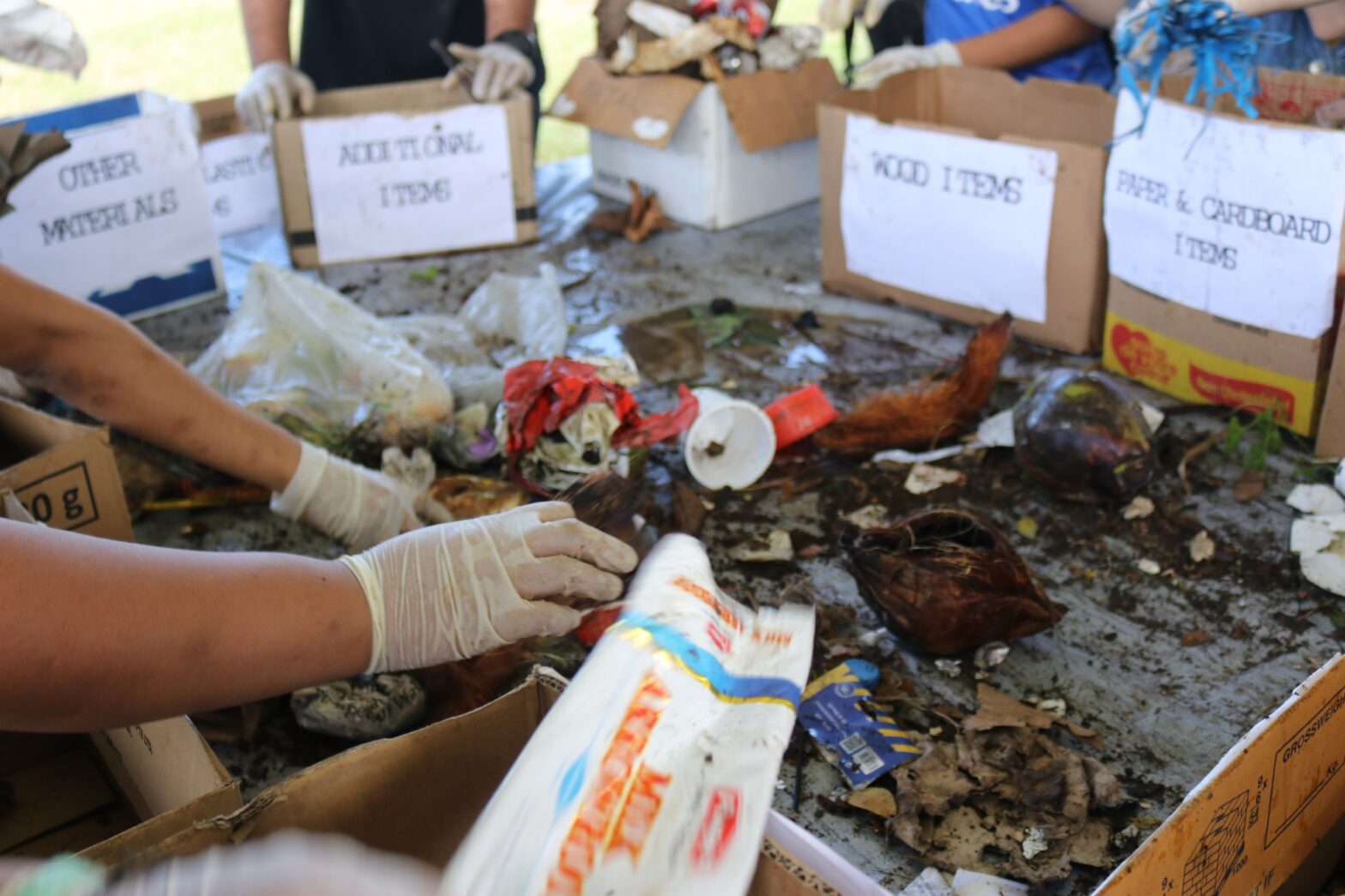Pacific voices are uniting to demand a stronger Global Plastic Treaty to address the escalating plastic pollution crisis, emphasising the need for binding international regulations.
Alfred Ralifo, Senior Policy and Government Affairs Manager at World Wide Fund for Nature (WWF) Pacific made a powerful case for the treaty’s necessity.
“The growing plastic pollution crisis demands policy measures that go beyond the voluntary model that has been in place for the last few decades,” Ralifo said.
“Without a comprehensive set of binding global rules, managed plastic volumes will likely double by 2040.”
Ralifo outlined the critical components needed for an effective treaty.
“Firstly, we need global binding rules and priority measures, including global bans and phase-outs on the most harmful, high-risk, and avoidable plastic products, such as chemicals of concern and microplastics,” he stated.
“Secondly, we need global binding actions on product design requirements and performance to ensure reduction, reuse, and safe recycling for plastics.
“Thirdly, a robust financing mechanism to support implementation of specific binding measures and also other non-financial means of implementation, such as technology transfer, technical assistance and capacity building.”
He also highlighted the need for robust monitoring and reporting mechanisms.
“The treaty must include requirements for monitoring and reporting, periodic assessments, and mechanisms that allow for scientific accommodations for parties to strengthen the treaty over time,” Ralifo added.
“Global rules will only achieve impacts when they are effectively implemented by all parties.
“States must plan for gradual strengthening of the treaty over time to ensure that both control measures and implementation measures could be enhanced as new data become available through parties during monitoring and reporting and also new knowledge and technologies emerge.”
Ralifo highlighted WWF’s report, “Regulating High-Risk Plastic Products,” which identifies products that should be prioritised for bans.
“Product that pose a very high risk of becoming a pollutant causing environment and health impacts to humans should be prioritised under the treaty for banning or elimination and phase-out.
“Examples include non-necessary fibrils, non-woven products found in wet wipes, cigarette butts, disposable vacuum filters, plastic teabags, non-necessary single-use items, such as cutleries, plastic plates and cups, earbuds and disposable e-cigarettes, and intentionally added microplastics that can be found in personal care products, such as toothpaste, skin care and scrubs,” he noted.
“These products pose significant pollution risks and should be addressed under the treaty.”
Rufino Varea, Regional Director of the Pacific Islands Climate Action Network (PICAN) emphasised the intergenerational impact of plastic pollution.
“Plastic pollution is not just a current issue; it’s an intergenerational issue,” Varea stressed.
“The problems our next generation will face due to plastic pollution will likely be greater than what we face today. Youth must be involved in these negotiations so that their children don’t have to.”
Varea highlighted the need for intergenerational equity and justice in the treaty discussions.
“Intergenerational equity is a legal principle meaning that future generations should reasonably expect equitable access to planetary resources,” he said.
“It’s a matter of justice that our intergenerational community gives a voice to the voiceless future generations.
“Negotiators and policymakers must account for historical and contemporary inequities of plastic pollution, strive for distributed justice in the allocation of costs and benefits, and ensure full and meaningful participation of marginalised communities, especially in the Global South,” Varea urged.
“Equity must be at the core of our efforts and goals. We need collective regional action, and a treaty grounded in justice for current and future generations.
“They must also promote justice-oriented and rights-based rules at all levels of governance, avoiding policies that deepen environmental injustice and leave room for racism or human rights abuses, and impose strong regulatory measures to prevent all types of plastics and establish a fair financing mechanism, with high polluter states and corporations bearing most of the costs.”
Since 1950, plastic production has surged from two million tonnes to 348 million tonnes in 2017, with expectations to double by 2040, according to a report by Simon Reddy & Winnie Lau published in the journal Science.
“We need strong regulatory measures and equitable solutions to address this crisis,” Varea said.
“We cannot address this crisis alone; we need a treaty that is fair and effective.”
UN Member States endorsed a historic resolution at the UN Environment Assembly (UNEA-5) on 02 March 2022 to End Plastic Pollution and create an international legally binding agreement by 2024. The resolution addresses the full lifecycle of plastic, from production and design to disposal.
Delegates reconvened at the fourth session of the Intergovernmental Negotiating Committee (INC-4) to further develop the treaty. The fifth session (INC-5) is scheduled for 25 November to 01 December 2024 in Busan, Republic of Korea.




